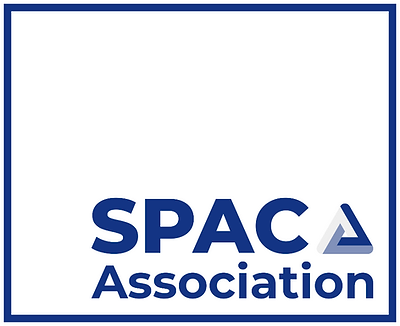During the fall of 2021, Congressional Democrats were intent to respond to the boom in SPAC activity by placing SPACs firmly within their legislative crosshairs, reports The SPAC Association in a note to current and prospective members.
Two events in particular signaled this desire to reign in the industry, the association wrote:
In September, Democrats on the Senate Banking Committee sent letters to six SPAC creators to raise concerns “about the misaligned incentives between SPACs’ creators and early investors on the one hand, and retail investors on the other.” Responses were requested by October 8, but no further action has been taken. In November, the House Financial Services Committee held a markup of several bills, including two focused on SPACs — H.R. 5910, the “Holding SPACs Accountable Act of 2021 and H.R. 5913, the “Protecting Investors from Excessive SPACs Fees Act of 2021.” While both bills were reported favorably out of committee, House Leadership has made no moves to bring the bills to the floor for a full vote.
As 2021 came to a close and negotiations with regard to the Build Back Better Act broke down, congressional attention has shifted away from a focus on financial services and SPACs as the Congress deals with several pressing issues this new year — namely, legislation to address key supply chains and industries impacted by growing Chinese dominance as well as foreign policy issues surrounding a potential Russian invasion of Ukraine. However, we are now in an election year where Democrats will make every effort to follow through on legislative proposals and policy statements that were introduced during the fall. Particularly as SEC Chairman Gary Gensler receives and makes public several staff proposals pertaining to SPACs, we see the Congress, particularly the Senate Banking Committee, renewing its legislative focus on SPACs.
SEC Activity and SPACs
On Thursday, Feb. 10 the Securities and Exchange Commission Small Business Capital Formation Advisory Committee will hold a public meeting via video conference. The meeting will be conducted by videoconference and/or at the Commission’s headquarters, 100 F Street, NE, Washington, DC 20549. Members of the public may watch the webcast of the meeting on the Commission’s website at www.sec.gov.
The meeting will begin at 10 a.m. ET and will be open to the public. This Sunshine Act notice is being issued because a majority of the commission may attend the meeting. The agenda for the meeting includes matters relating to rules and regulations affecting small and emerging businesses and their investors under the federal securities laws. For further information and to ascertain what, if any, matters have been added, deleted or postponed; please contact Vanessa A. Countryman from the Office of the Secretary at (202) 551-5400.
Keep in mind, on Dec. 9 Chairman Gary Gensler gave formal remarks before the Healthy Markets Association Conference outlining a regulatory agenda on SPACs.
· Chairman Gensler “asked staff for proposals for the Commission’s consideration around how to better align the legal treatment of SPACs and their participants with the investor protections provided in other IPOs, with respect to disclosure, marketing practices, and gatekeeper obligations.”
· Chairman Gensler “asked for staff to serve up recommendations about how investors might be better informed about the fees, projections, dilution, and conflicts that may exist during all stages of SPACs, and how investors can receive those disclosures at the time they’re deciding whether to invest. I’ve also asked staff to consider clarifying disclosure obligations under existing rules.”
· Chairman Gensler “asked staff to make recommendations around how to guard against what effectively may be improper conditioning of the SPAC target IPO market. This could, for example, include providing more complete information at the time that a SPAC target IPO is announced.”
· Chairman Gensler “asked staff for recommendations about how we can better align incentives between gatekeepers and investors, and how we can address the status of gatekeepers’ liability obligations.”









